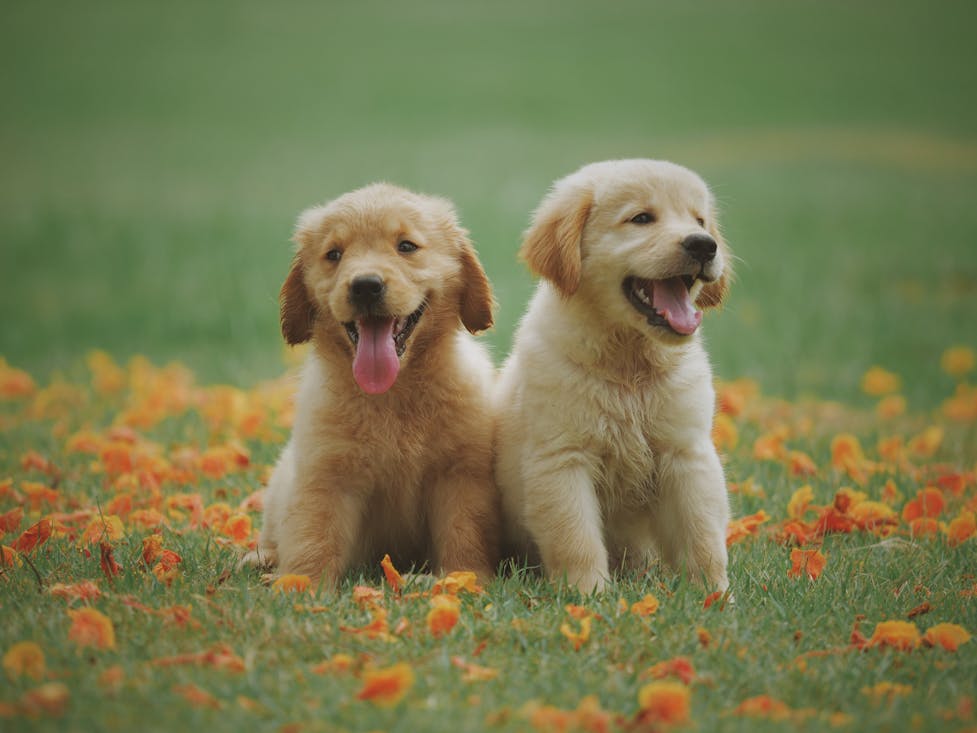Cats are known for their curious nature, especially when it comes to food. If you've ever prepared Velveeta Shells and Cheese, you might have noticed your feline friend eagerly sniffing around, hoping for a taste. But is this creamy, cheesy dish safe for cats? While it may seem harmless to offer them a bite, there are several risks to consider before sharing your favorite comfort food with your pet.
🧀 Why Cats Are Drawn to Velveeta Shells and Cheese
Velveeta Shells and Cheese is a rich, creamy dish with a strong aroma that can easily attract your cat's attention. The combination of cheese, milk, and pasta creates a scent profile that many cats find irresistible. However, just because your cat shows interest doesn't mean it's a good idea to let them indulge.
Cats are obligate carnivores, meaning their diets should primarily consist of animal protein. Processed human foods like Velveeta Shells and Cheese are not part of their natural diet and can cause digestive issues or other health problems. Understanding the specific risks of dairy and processed ingredients can help you make informed decisions for your pet's health.
🥛 The Risks of Dairy for Cats
One of the main components of Velveeta Shells and Cheese is dairy. While many people associate cats with milk and cheese, the reality is that most adult cats are lactose intolerant. Here's why dairy can be problematic:
- - Cats lack sufficient lactase, the enzyme needed to break down lactose in milk and cheese.
- - Consuming dairy can lead to symptoms like diarrhea, vomiting, and stomach discomfort.
- - Cheese, including processed varieties like Velveeta, is high in fat and salt, which can contribute to obesity and other health issues over time.
Even if your cat seems to enjoy small amounts of dairy without immediate side effects, it doesn’t mean it’s safe. Over time, the high fat and salt content can take a toll on their health.
🍝 Pasta and Cats: Another Ingredient to Watch
The pasta shells in Velveeta Shells and Cheese might seem harmless, but they're not particularly beneficial for cats either. Cats have no dietary need for carbohydrates, which are a significant component of pasta. Feeding them carb-heavy foods can have several downsides:
- - Pasta provides empty calories that don’t align with a cat's nutritional needs.
- - Over time, high-carb diets can contribute to weight gain and obesity in cats.
- - Some cats may even have sensitivities to wheat or gluten, leading to digestive upset.
While a small piece of plain, cooked pasta is unlikely to harm your cat, combining it with processed cheese sauce makes Velveeta Shells and Cheese an unhealthy choice overall.
🚨 Symptoms to Watch for If Your Cat Eats Velveeta Shells and Cheese
If your cat sneaks a bite of Velveeta Shells and Cheese, you may notice certain symptoms, especially if they’re lactose intolerant or sensitive to processed ingredients. Keep an eye out for:
- - Diarrhea or loose stools
- - Vomiting
- - Lethargy or discomfort
- - Bloating or gas
- - Increased thirst due to the high salt content
Symptoms can range from mild to severe depending on your cat's tolerance and the amount they consumed. If symptoms persist or worsen, it’s best to contact a veterinarian for advice.
🐾 Safer Alternatives to Share with Your Cat
Instead of Velveeta Shells and Cheese, consider offering your cat healthier, cat-friendly snacks. Here are a few safe options:
- - Small pieces of cooked, unseasoned chicken or turkey
- - A bite of plain, cooked fish like salmon or tuna
- - Cat-specific treats made with high-quality ingredients
- - Freeze-dried meat treats designed for cats
These alternatives provide nutritional benefits without the risks associated with processed human foods. Always introduce new foods in small amounts and monitor your cat for any adverse reactions.
👩⚕️ What to Do If Your Cat Eats Velveeta Shells and Cheese
If your cat manages to eat Velveeta Shells and Cheese, don’t panic. Start by assessing how much they consumed and monitor them for any signs of distress. Follow these steps:
- - Remove any remaining food to prevent further consumption.
- - Watch for symptoms like vomiting, diarrhea, or lethargy.
- - Ensure your cat has access to fresh water to stay hydrated.
- - Contact your veterinarian if symptoms persist or worsen.
In most cases, a small amount of Velveeta Shells and Cheese is unlikely to cause serious harm, but it’s always better to be cautious and consult a vet if you’re unsure.
FAQs
Can cats eat cheese?
Most cats are lactose intolerant and should avoid cheese, especially processed varieties high in fat and salt.
Is Velveeta Shells and Cheese toxic to cats?
While not toxic, Velveeta Shells and Cheese contains ingredients like dairy, salt, and fat that can cause digestive upset and other health issues in cats.
What happens if my cat eats a lot of Velveeta Shells and Cheese?
Large amounts can lead to symptoms like vomiting, diarrhea, and discomfort. Contact your vet if symptoms persist or worsen.
Are there any dairy products safe for cats?
Some cats can tolerate small amounts of lactose-free dairy products, but it’s best to consult your vet before introducing dairy to your cat's diet.
What human foods are safe for cats?
Cooked, unseasoned meats like chicken or fish are generally safe. Avoid processed foods, dairy, and anything high in salt or sugar.
References
Book a $49 online vet consultation at https://www.dialavet.com for fast, expert advice.























